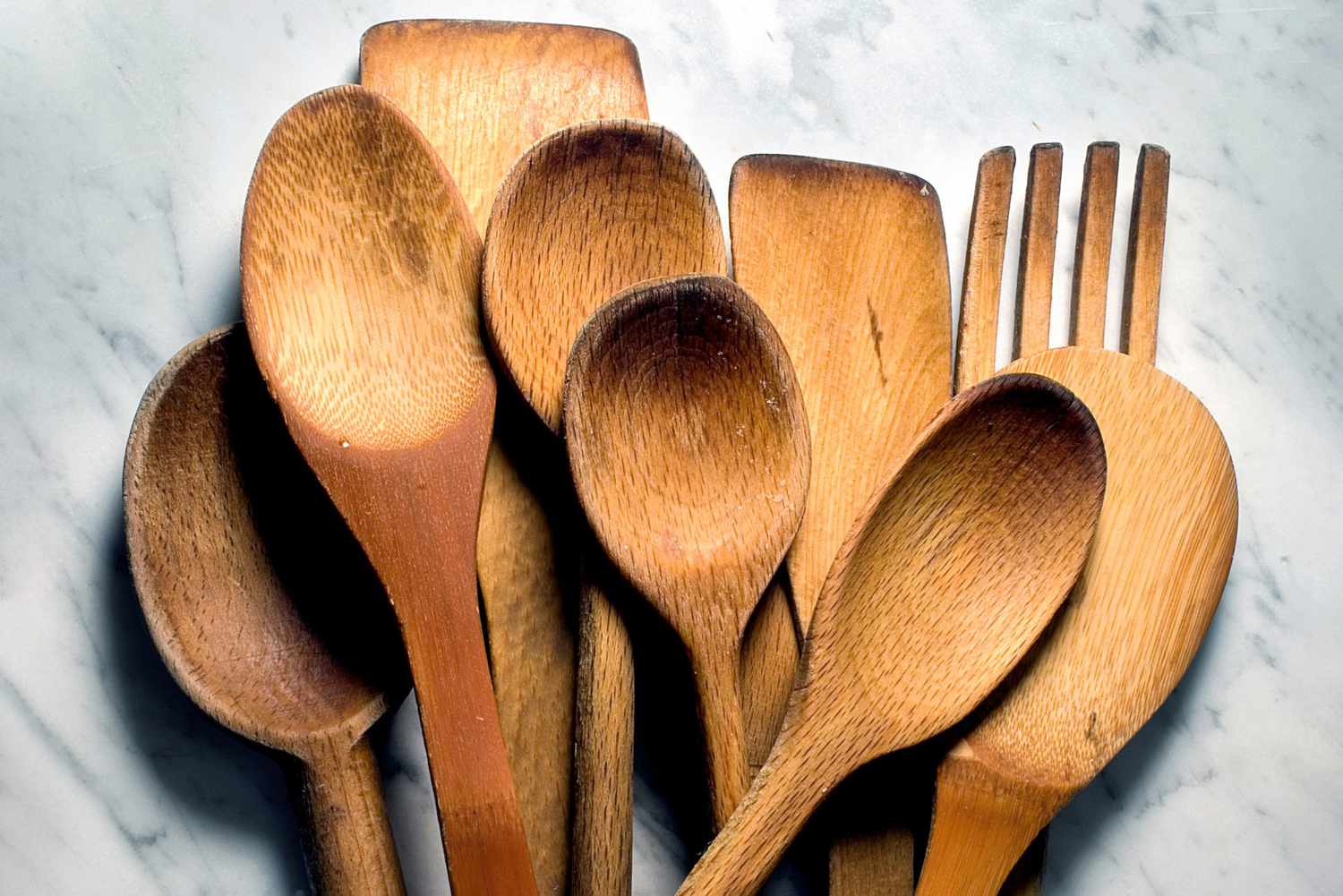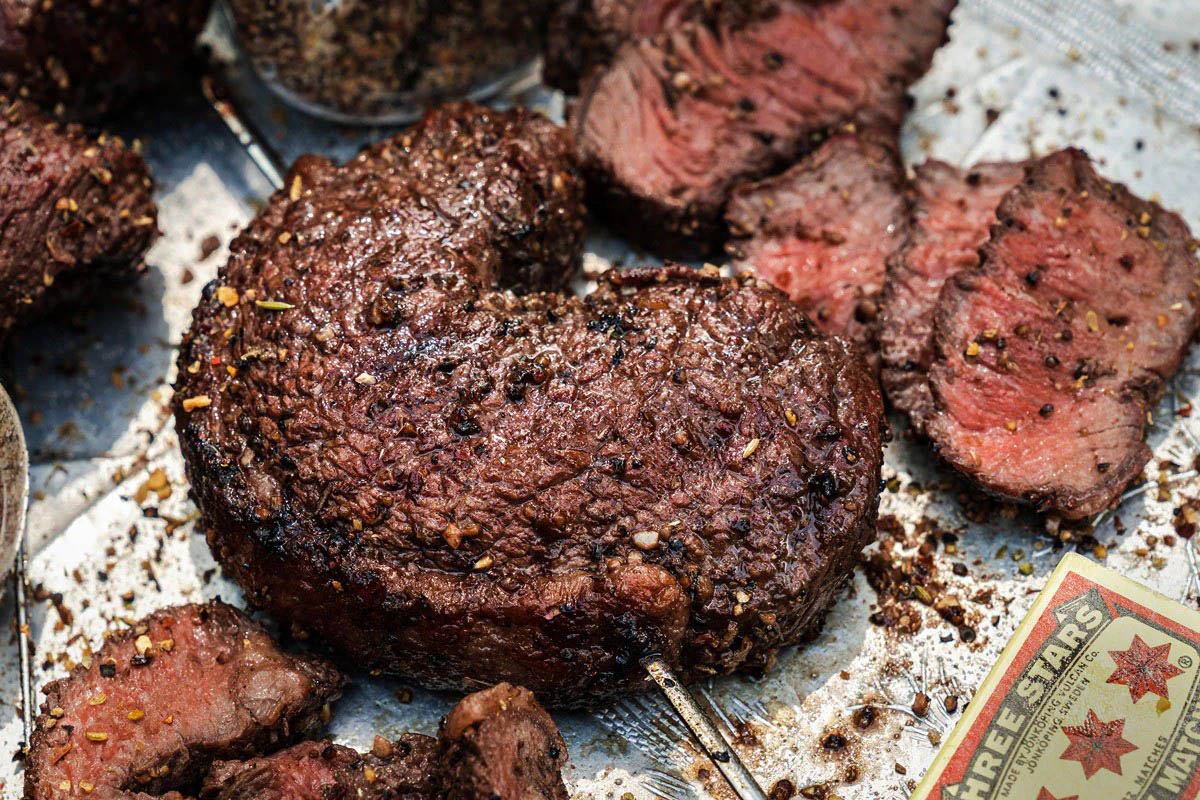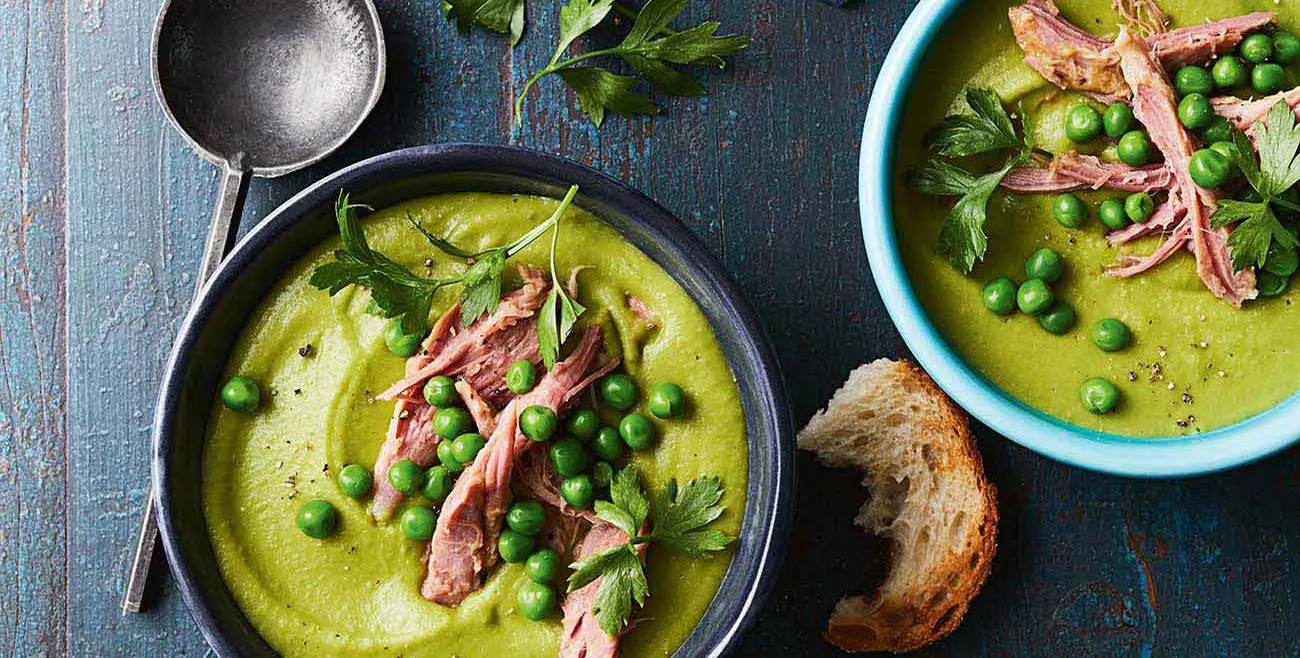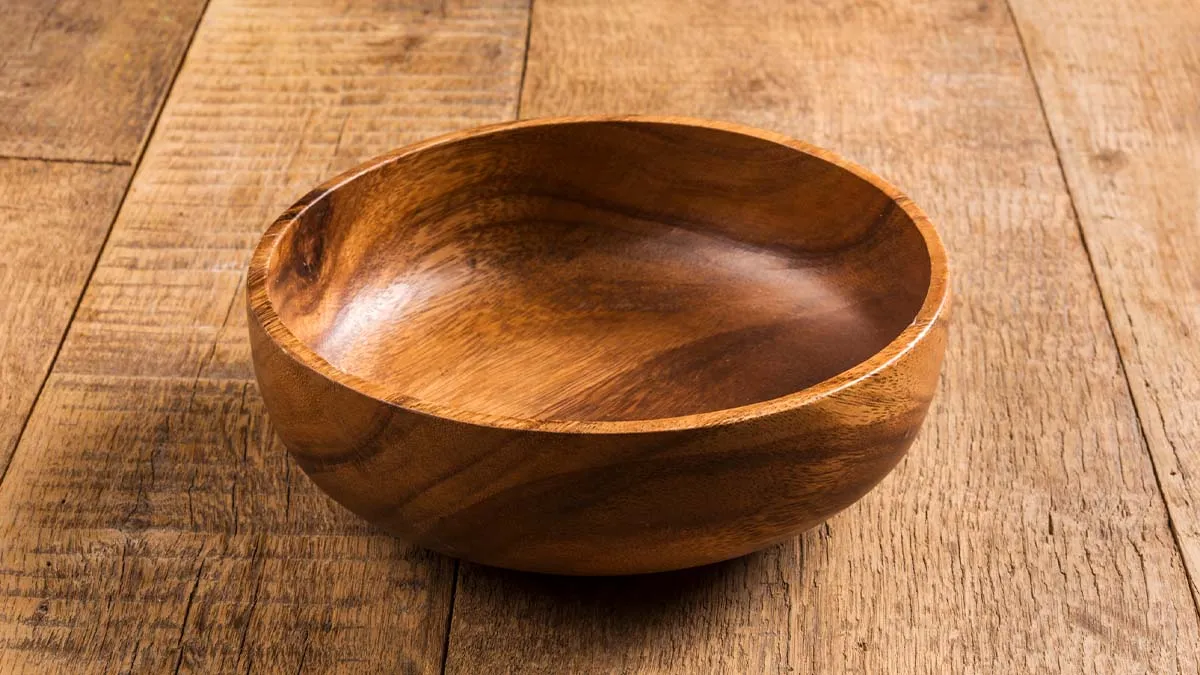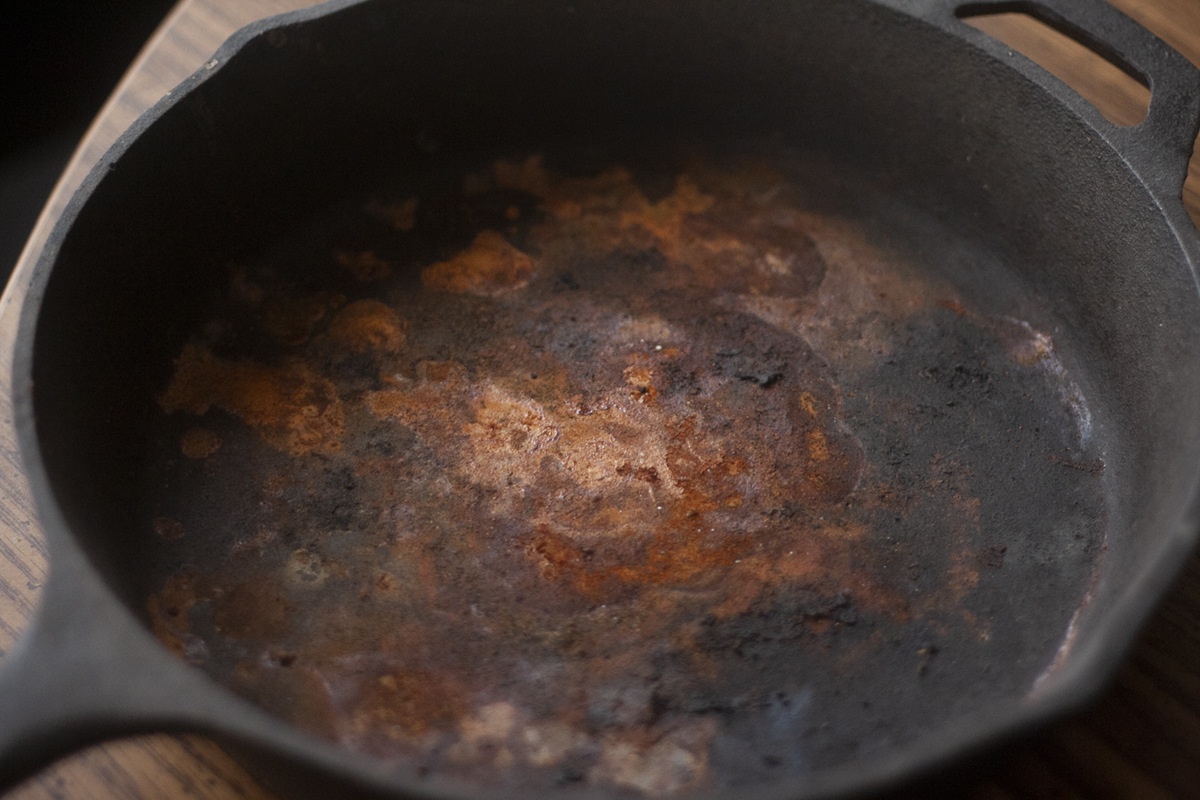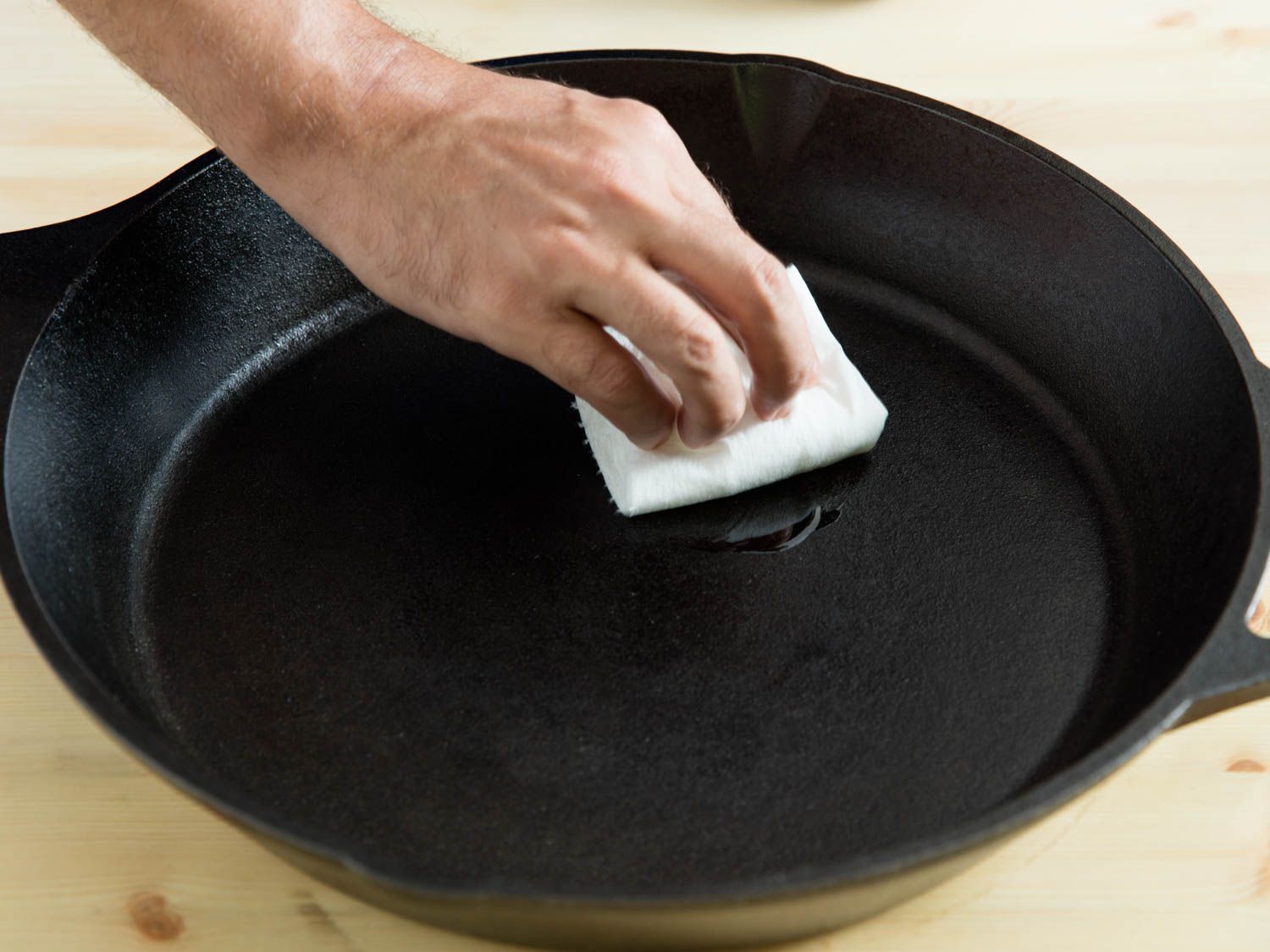Introducing Your Little One to the World of Flavors
Congratulations on reaching this exciting milestone in your baby’s development! As your little one starts to explore the world of solid foods, you may be wondering how to add some flavor to their meals. Seasoning baby food can be a fun and creative way to introduce your child to a variety of tastes while also providing essential nutrients. Here are some tips and ideas for safely and deliciously seasoning your baby’s food.
1. Start Simple
When you first begin introducing seasonings to your baby’s food, it’s best to start with single-ingredient options. This allows you to monitor for any potential allergic reactions and helps your baby become accustomed to individual flavors. Some popular choices for early seasoning include:
- Cinnamon: This warm and sweet spice can be a delightful addition to oatmeal, applesauce, or sweet potato puree.
- Ginger: A hint of ginger can add a gentle zing to pureed carrots or butternut squash.
- Vanilla: A drop of pure vanilla extract can enhance the natural sweetness of fruits like bananas or pears.
2. Explore Herb and Spice Blends
As your baby becomes more comfortable with individual seasonings, you can start to experiment with herb and spice blends. These combinations can add complexity to your baby’s meals while still being gentle on their developing palate. Consider trying:
- Herb blends: A pinch of mild herb blends like dill or parsley can complement pureed vegetables or meats.
- Allspice: This warm and aromatic spice can be paired with apples, pears, or sweet potatoes for a cozy flavor profile.
- Cumin: A touch of cumin can add a subtle earthiness to lentils or pureed beans.
3. Avoid Salt and Sugar
While it’s tempting to reach for salt and sugar when seasoning your baby’s food, it’s important to remember that their tiny kidneys are not yet ready to process these ingredients in large quantities. Instead of salt, consider using natural alternatives like garlic or onion powder to add savory notes to their meals. For sweetness, rely on the natural sugars present in fruits and vegetables rather than adding refined sugar.
4. Get Creative with Fruits and Vegetables
One of the best ways to season baby food is by incorporating a variety of fruits and vegetables. These natural ingredients bring their own unique flavors and can be combined to create delicious and nutritious meals for your little one. Consider mixing:
- Apples and Carrots: The natural sweetness of apples can balance the earthy flavor of carrots.
- Spinach and Mango: The sweetness of mango can help mask the slightly bitter taste of spinach, creating a tasty combination.
- Peas and Mint: The refreshing taste of mint can elevate the mild sweetness of peas, creating a refreshing puree.
5. Be Mindful of Allergens
As you begin to introduce new seasonings to your baby’s diet, it’s important to be mindful of potential allergens. Always introduce one new seasoning at a time and wait a few days before adding another. This will allow you to observe any adverse reactions and pinpoint the source of any allergies or sensitivities.
Remember, every baby is different, and it may take some trial and error to find the perfect seasoning combinations that your little one enjoys. By introducing a variety of flavors and being mindful of their developing taste preferences, you can set the stage for a lifetime of healthy and adventurous eating.
Seasoning your baby’s food is a wonderful opportunity to nurture their budding love for food and flavor. With a little creativity and experimentation, you can create meals that are not only nutritious but also delicious, laying the foundation for a lifetime of healthy eating habits.
Was this page helpful?
Read Next: How To Season Pulled Pork
